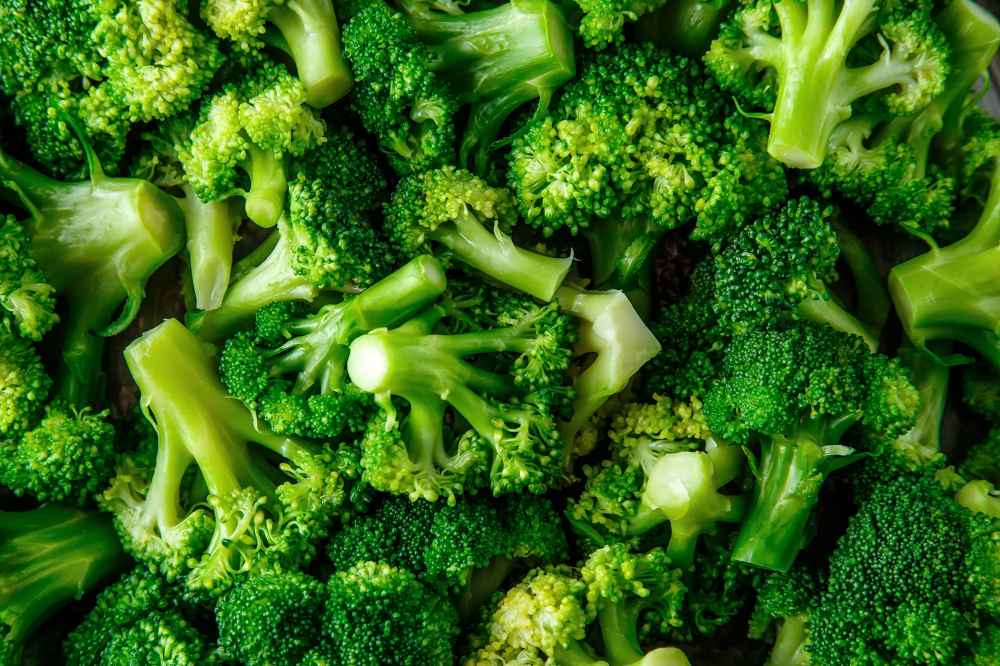Leafy greens, particularly broccoli, and spinach, are rich sources of vitamin K and could play a significant role in safeguarding your lungs.

In a groundbreaking discovery, a recent study published in ERJ Open Research highlights the vital role of vitamin K to protect your lungs
Researchers from Copenhagen University Hospital and the University of Copenhagen conducted an extensive study involving 4,092 individuals aged 24 to 77 living in Copenhagen. The study delved into the connection between vitamin K levels and lung function. Participants underwent spirometry tests, which assess lung capacity and breathing efficiency. The results were striking, individuals with insufficient vitamin K exhibited lower forced expiratory volume (FEV1) and forced vital capacity (FVC), indicating compromised lung function. This group was also more prone to conditions like chronic obstructive pulmonary disease (COPD), asthma, and wheezing.
The study’s lead experimenter, Dr. Torkil Jespersen, explained the significance of the findings. “We formerly know that vitamin K has an important part in the blood to protect your lungs and disquisition is beginning to show that it’s also important in heart and bone health, but there’s been veritably little exploration looking at vitamin K and the lungs,” he stated.
Dr. Apostolos Bossios, an expert from the European Respiratory Society, emphasized that these findings don’t prompt immediate changes in vitamin K recommendations
However, the research raises intriguing possibilities for future lung health improvements. “Further research will help us understand more about this link and see whether increasing vitamin K can improve lung function or not,” noted Dr. Bossios.
While the exact mechanisms linking vitamin K to protect your lungs are yet to be fully elucidated, experts advise incorporating vitamin K-rich foods into one’s diet, along with healthy lifestyle choices such as exercise and avoiding air pollution to protect your lungs. The research team is also preparing a large-scale clinical trial to assess the effects of vitamin K supplementation on heart, bone, and lung health to protect your lungs. As the scientific community gains deeper insights into this newfound association, individuals are urged to consider the potential benefits of vitamin K to protect your lungs and overall well-being.
READ ALSO: 3 Most Dangerous Cities In Texas




